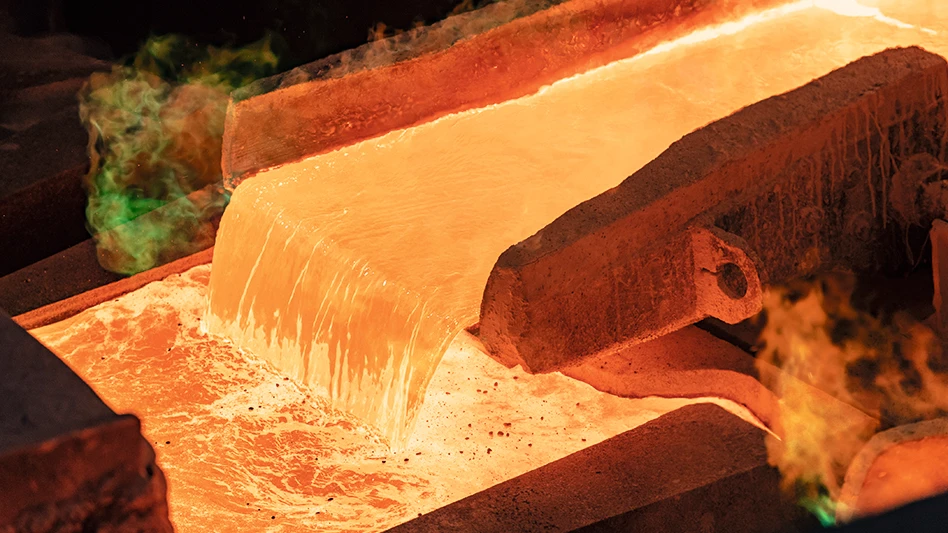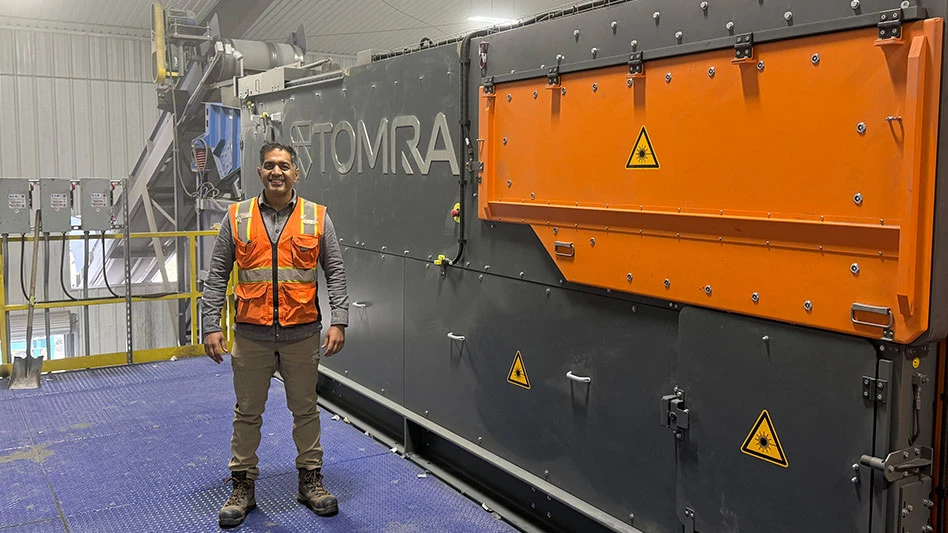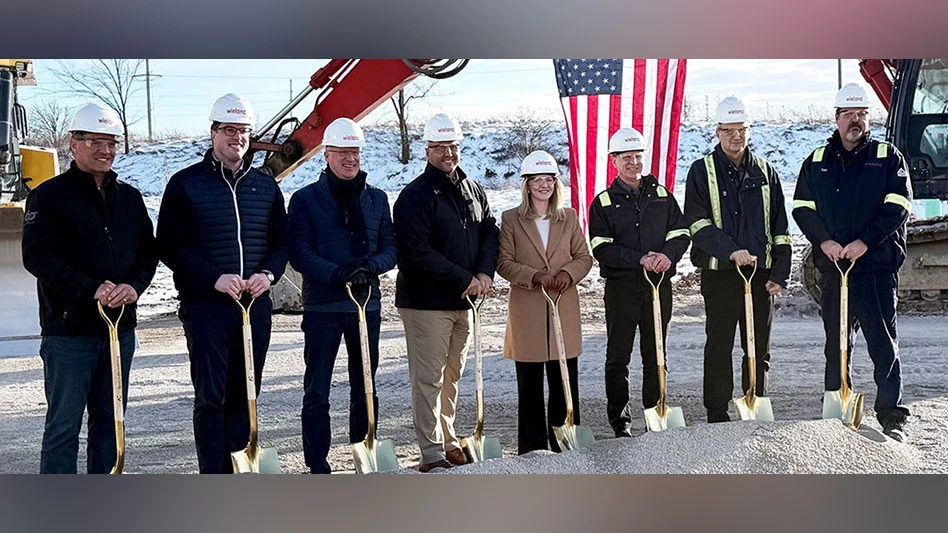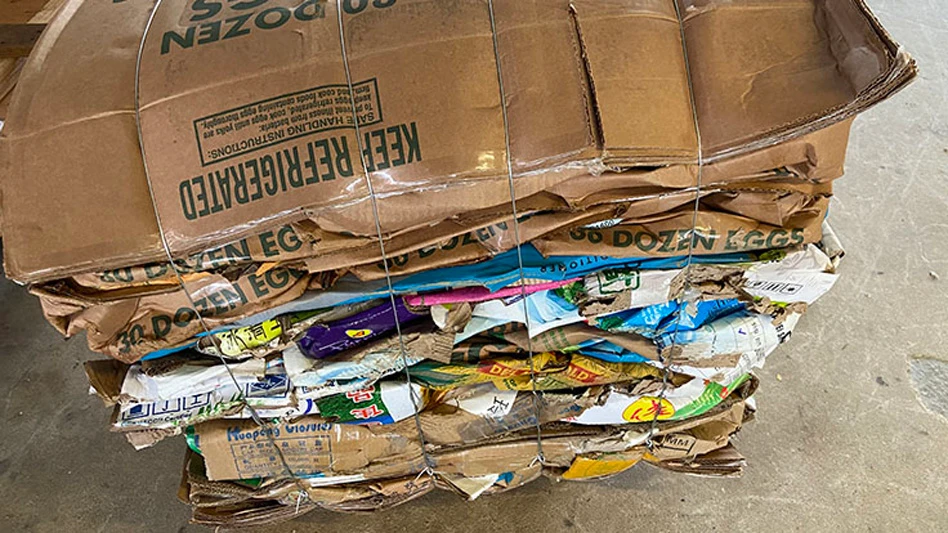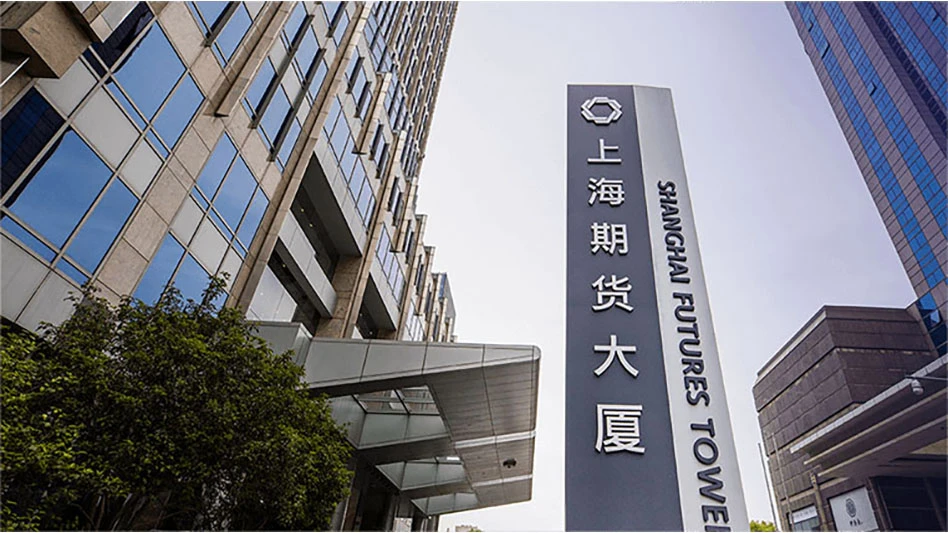
Image courtesy of Aduro Clean Technologies Inc.
Aduro Clean Technologies Inc., London, Ontario, has announced the signing of a memorandum of understanding (MoU) with Cleanfarms Inc., a Canadian producer responsibility organization (PRO) focused on agricultural scrap management.
The companies say the MoU outlines a multiphase collaboration to evaluate the technical and economic feasibility of using Aduro’s Hydrochemolytic Technology (HCT) as a potential commercial-scale solution for the chemical recycling of on-farm plastic scrap that currently is difficult to manage through conventional methods.
The companies note that agricultural plastics, such as silage film, bale wrap, grain bags, netting and twine, are essential in modern farming operations but can present recycling challenges due to high levels of contamination and limited viable end-of-life options. They say that in Canada, the agricultural sector generates an estimated 62,000 tons of plastic annually, much of which is landfilled, burned or stockpiled. Globally, they say agricultural value chains used approximately 12.5 million tons of plastic products in plant and animal production in 2019, according to the Food and Agriculture Organization of the United Nations.
Cleanfarms operates within extended producer responsibility (EPR) frameworks in several provinces and works with more than 200 member companies and a network of more than 2,000 collection sites to ensure these materials are responsibly managed. In 2023, the company claims it achieved an 87 percent recovery rate for pesticide and fertilizer containers under 23 liters. Aduro says these capabilities make Cleanfarms a “critical partner in enabling real-world evaluation” of its HCT, which the recycler adds has performed well on contaminated and mixed-polymer feedstocks.
The collaboration aims to assess the potential of HCT to convert agricultural plastics into usable hydrocarbon products, the firms say, supporting improved diversion, resource recovery and circularity in the farming sector.
“Our goal is to develop a commercial pathway for difficult-to-recycle agriculture waste, waste streams that are strong candidates for Aduro’s HCT and are currently overlooked by conventional technologies,” says Aduro CEO Ofer Vicus. “Cleanfarms brings deep knowledge of the agricultural waste landscape and a national supply chain that can support our evaluation of HCT on real-world farm plastic materials. Together, we’re building the foundation for a solution to reduce landfilling and open new value streams.”
The companies say the collaboration will progress through three stage-gated phases designed to evaluate the technical and economic feasibility of using HCT to process postconsumer agricultural plastics. Phases A and B are binding, while Phase C is nonbinding and contingent on the successful outcomes of the earlier phases.
According to the companies, Phase A will include laboratory feasibility trials on material samples provided by Cleanfarms. The samples are expected to include mixed silage film, bale wrap, grain bags, bale netting and polypropylene (PP) twin in their collected, unprocessed form to reflect real-world levels of contamination from soil, organic matter and moisture. Aduro says it will assess sorting and pretreatment requirements and conduct batch HCT processing trials to determine contaminant tolerance, conversion efficiency and product composition.
Phase B will include scale-up and process modeling. Cleanfarms will supply larger volumes of field-grade agricultural plastics for processing in Aduro’s pilot plant. Aduro will evaluate the system performance under continuous flow, investigate preprocessing needs and assess operational stability. The phase also will include the development of a preliminary techno-economic and eco-efficiency model, incorporating key processing parameters, product yields, environmental impact and potential market value of outputs.
The companies say Phase C will include demonstration plant integration, which would support validation of continuous operation with agricultural plastics and further refine the techno-economic model at Aduro’s planned demonstration plant, leveraging Cleanfarms’ experience in logistics and national collection programs to inform broader commercial deployment strategies.
“This collaboration reflects our ongoing commitment to advance solutions for all agricultural plastics,” says Cleanfarms Executive Director Barry Friesen. “Our members seek scalable technologies to recover materials that currently have limited or no recycling options. Evaluating chemical recycling is a vital step in building a more complete circular economy for Canadian agriculture. We’re encouraged by Aduro’s progress to date and eager to learn more about its potential applicability for agriculture.”
Latest from Recycling Today
- Aduro selects Netherlands as site for industrial scale-up facility
- Nasco-Op declares dividend
- Cyclic Materials announces plans for South Carolina campus
- WM reports revenue, earnings growth in Q4 and full-year 2025
- Solarcycle’s Cedartown, Georgia, recycling facility opens
- Stadler equips Spanish MRF
- SSAB finishes 2025 with decreased revenue
- Vecoplan appoints CFO
